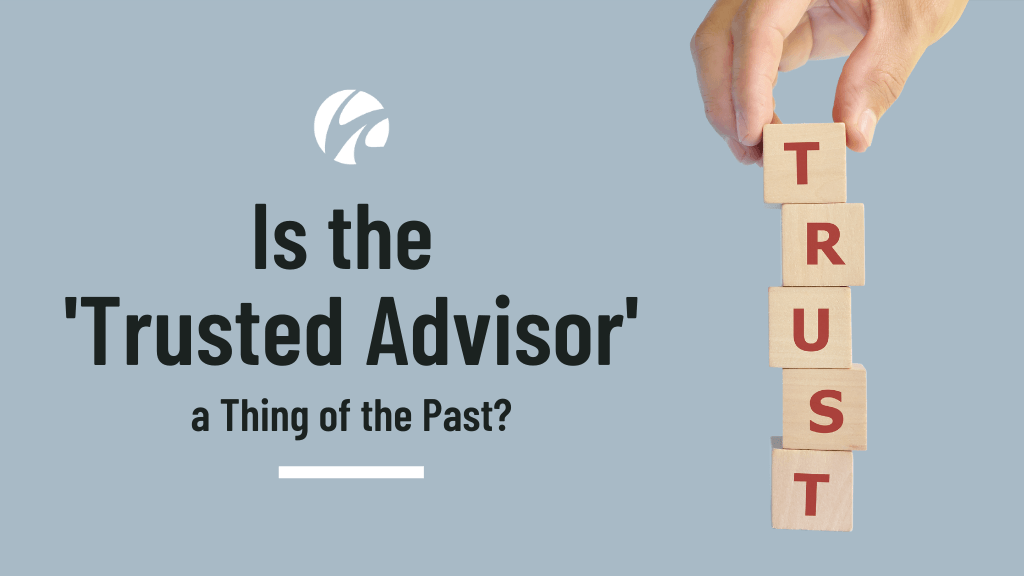4 min read
Strategic Planning: How to Pass the Baton With Greater Success
Building and executing a long-term strategic plan is the cornerstone of success for every firm. And yet, managing partners often fail to set aside...
2 min read
by:
 Gary Shamis
on
Sep 01, 2021
Gary Shamis
on
Sep 01, 2021

Gary is the visionary behind Winding River Consulting, bringing decades of transformative leadership to the accounting profession. Widely recognized as one of the industry's most influential leaders, Gary has shaped the future of firms through strategic planning, national leadership, and the authorship of several books. He is an E&Y Entrepreneur of the Year, an Accounting Today’s (inaugural list of) Top Ten Managing Partner Elite honoree, and a consistent presence on the profession’s Most Influential lists. Gary remains a sought-after consultant and advisor to the profession’s most forward-thinking firm leaders. As the architect of WRC’s mission, he continues to mentor firm leaders with a values-first approach and deep belief in aligned leadership.
Table of Contents

Firms are making efforts to invest in leadership training programs which inevitably experience a low ROI. After the first few attempts, results-oriented leaders invariably give up, writing off the experience as a failed experiment. Sometimes, it is. But as someone who has dedicated the latter part of my career to leadership development, I would offer this counterpoint:
Now, this isn’t a universal principle. Some leadership training is just bad. Firstly, it isn’t done by people who know the world of accounting. Secondly, a lot of times, the “experts” aren’t using road-tested principles. Both of those things set a course for mediocrity.
Ambiguous results lead firms to one of two paths:
Or...
In both cases, assessing the value is often dubious.
As the person responsible for cultivating leaders, you’re tasked with selecting the program to not only best fit your firm’s needs, but to also demonstrate value. The one thing a leadership consultant cannot do is pick the right people.
In our profession, the current leadership training model is one where we attempt to train a large number of people who may or may not have the capacity, for whatever reason, to become leaders. This training model is allocating with low returns because only a small amount may actually succeed.
Since 2008, staffing and retention have been identified as top concerns for many accounting firms. Many partners feel they’re facing a dearth of talent. In that scenario, “any port in a storm” seems to take over. In other words, firms are sending any reasonably competent potential leader with a decent personality to training. But is that a recipe for success?
I’ve learned from my own experience — leading a firm and running a consulting company — that when creating a training curriculum, the real return comes when you alter the model slightly. In my master class, I utilize a model where we train those who their colleagues identify as leaders. We then place our attention solely on them. The profession ignores this crucial step, but this is where you see the ROI start to change.
This idea of colleague identification and nomination is becoming popular in a lot of sectors. In many cases, your executive team and other staff will see what you can’t. They will understand personality traits and identify leadership potential. Their opinion on the matter can go a long way. And in my experience, call out people who already have influence in your firm, whether in title or not. In short, these are the people who have won hearts and who have the truest potential to excel in positions of leadership.
To sum up, consider using your resources to focus on those already in leadership positions and your returns will be much higher.
If you'd like to discuss my thoughts in this article or explore Wining River's leadership development offerings, I'd be happy to jump on a call. Please use my calendar below to get in touch.

4 min read
Building and executing a long-term strategic plan is the cornerstone of success for every firm. And yet, managing partners often fail to set aside...

2 min read
Reprinted with permission from Accounting Today When the CPA profession was born many years ago, we started as bookkeepers, tax preparers and...

2 min read
Has there ever been more uncertainty related to managing your accounting firm? Any one of the many events challenging your firm by itself would be...